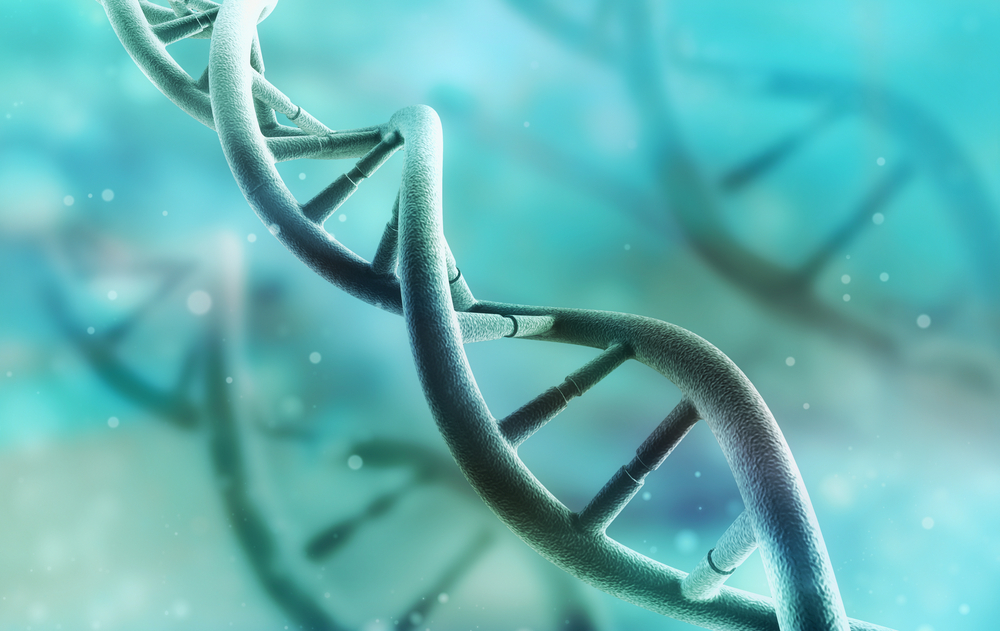Sarepta to Seek Accelerated US Approval of Duchenne MD Therapy Golodirsen
Written by |

Sarepta Therapeutics will seek accelerated U.S. approval of a treatment for a subset of Duchenne muscular dystrophy (DMD) patients.
Golodirsen (SRP-4053) is for patients whose disease stems from a deleted part of the DMD gene known as exon 53.
Sarepta met with U.S. Food and Drug Administration officials in February to obtain guidance on golodirsen’s continued development. The meeting prompted the company to decide to submit a New Drug Application (NDA) to the agency by the end of 2018. The application could lead to golodirsen’s accelerated approval for sale and marketing in the U.S., the company said.
“Sarepta is thankful for the FDA Neurology Division’s thoughtful and direct guidance regarding golodirsen,” Doug Ingram, Sarepta’s president and CEO, said in a press release.
“Obviously, whether golodirsen will obtain accelerated approval is a review decision that will come after the submission and review of our NDA. But we greatly appreciate the willingness of the Neurology Division to engage and provide clear direction to us on the steps necessary to support an NDA submission for accelerated approval,” he added.
DMD is caused by mutations in the gene that codes for the dystrophin protein, which is essential to muscle function and protecting muscle fibers. The mutations lead to lack of dystrophin, causing progressive muscle weakness.
The DMD gene contains 79 exons, or sections, that play a role in dystrophin production. DMD mutations can lead to certain exons being deleted, limiting the protein’s production. Golodirsen is aimed at getting around the exon 53 deletion.
Golodirsen uses Sarepta’s exon skipping technology. It binds to exon 53 in a pre-production stage of dystrophin generation to skip this part of the genetic sequence. This approach allows the gene to produce a smaller but functional form of dystrophin.
Golodirsen increased the level of exon 53 skipping and the production of dystrophin in a Phase 1/2 clinical trial (NCT02310906), according to a company report. The study evaluated the safety, tolerability, pharmacological profile and efficacy of golodirsen in 25 boys with DMD gene deletions that are amenable to exon 53 skipping. Patients received intravenous infusions of golodirsen for at least 48 weeks.
The FDA said its approval of golodirsen will require significant evidence of the product’s effect on dystrophin production.
In addition to the results of the Phase 1/2 trial, the FDA’s decision to approve another Sarepta exon skipping therapy may help golodirsen’s chances. That therapy is Exondys 51 (eteplirsen), which is intended to skip exon 51.
In its meeting with the FDA, Sarepta proposed that its ongoing ESSENCE Phase 3 trial (NCT02500381) in DMD serve as a post-marketing confirmation study of golodirsen’s effectiveness.
ESSENCE is a double-blind assessment of the efficacy and safety of golodirsen and casimersen (SRP-4053), which Sarepta designed to skip exon 45 of the DMD gene. Patient enrollment is ongoing. More information is here.
The FDA’s Neurology Division said ESSENCE could be a confirmation study if Sarepta obtains accelerated approval of golodirsen. The company will also have to describe how it will enroll patients and complete the study, the division said.
In addition, the FDA is requiring that the NDA include long-term animal toxicology studies, which Sarepta expects to complete in the fourth quarter of 2018.





